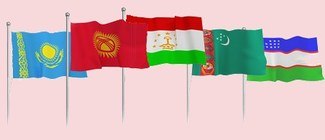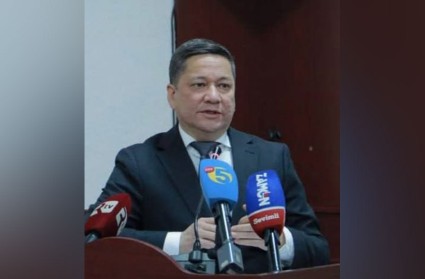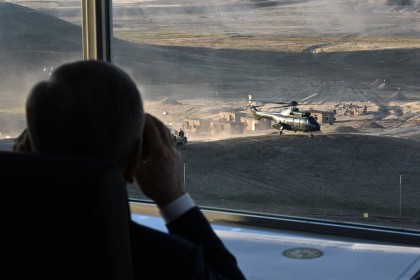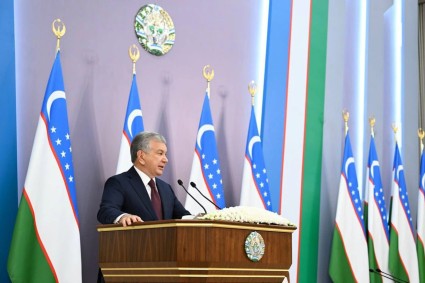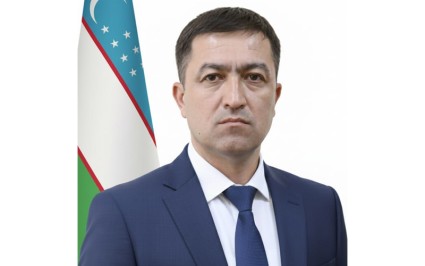The Trump administration plans to publish a new U.S. strategy for Central Asia as China and Russia fight for influence in the energy-rich region and militants from Afghanistan threaten to destabilize it, a senior State Department official has said.
The United States has "intensified" its bilateral diplomatic engagements with the five Central Asian countries this year, the State Department official said during a background briefing on December 13, following a meeting the day before with Kazakh Foreign Minister Mukhtar Tileuberdi.
A U.S. delegation traveled to Kyrgyzstan in July for the first time in four years while the State Department hosted Turkmen Foreign Minister Rashid Meredov in November. The State Department will host Tajik and Uzbek government delegations for annual consultations in the spring, he said.
"This regional and bilateral engagement reflects the objectives and priorities embedded in the Trump administration's new Central Asia strategy, which we hope to brief publicly soon. The strategy will highlight our commitment to deepening our political, economic, and military engagement with Central Asia," the senior State Department official said.
The increase in U.S. diplomatic contacts comes as China's economic and political influence in Central Asia grows and it seeks to strong-arm those countries to return asylum seekers from Xinjiang, a major concern for the Trump administration. The greater interest also comes as the United States seeks to exit its 18-year war in Afghanistan, which borders several of the countries.
China is pumping billions of dollars into Central Asian infrastructure as part of its Belt and Road Initiative, which some U.S. officials and analysts have said is burdening the countries with debt loads that they cannot pay back. Russia continues to maintain significant influence over the former Soviet states as well.
The desire of Central Asian states to pursue closer relations with the United States and the West may be driven "by a feeling of pressure from these other larger neighbors and a desire to have a counterweight," the State Department official said. That pressure is also pushing the five countries to promote more projects that enhance their connectivity and economic ties, he said.
"There's a recognition on the part of these countries that they are stronger -- and more independent -- if they're able to kind of cooperate and trade and do business more effectively with one another," the State Department official said.

